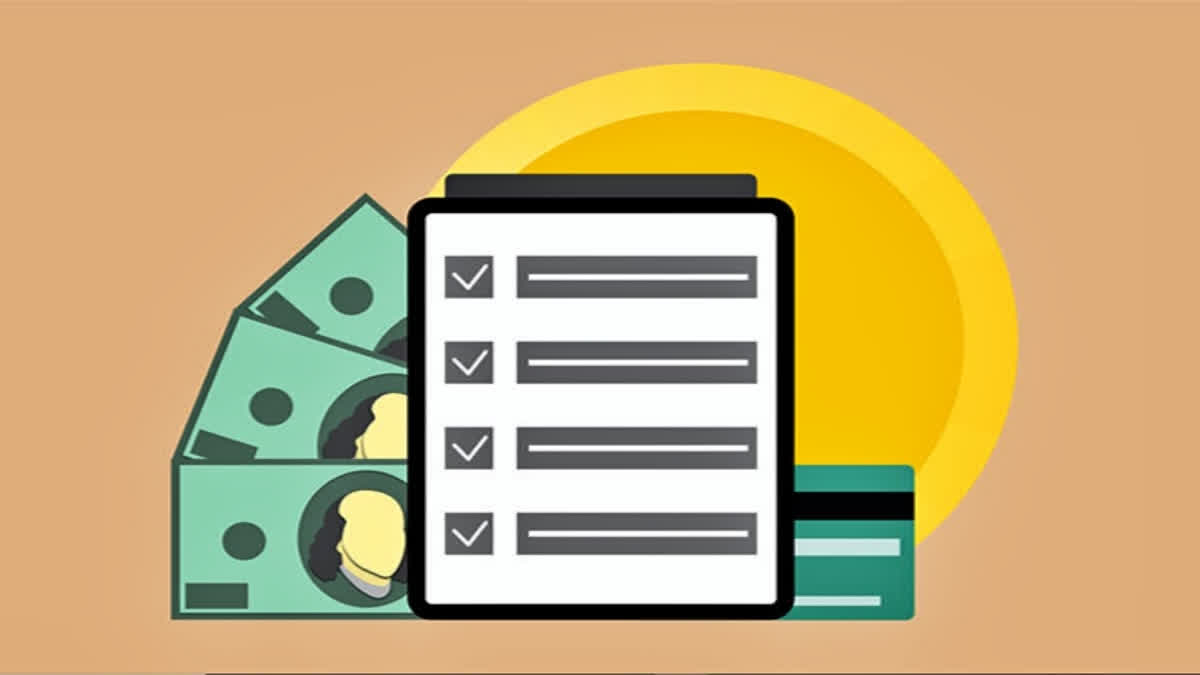New Delhi: With the G20 Summit currently underway in New Delhi, India is poised to showcase its achievements in the digital economy, particularly digital financial transactions, to other countries of the world and help them adopt the system.
While addressing the G20 Digital Economy Ministers’ Meet in Bengaluru last month, Prime Minister Narendra Modi said that India's digital public infrastructure offers scalable, secure and inclusive solutions for global challenges. "India's digital transformation over the last nine years is unprecedented,” Modi said. “It all started with the launch of our Digital India initiative in 2015. It is powered by our unshakeable belief in innovation.”
He said that India has over 850 million internet users, enjoying some of the cheapest data costs in the world.
“We have leveraged technology to transform governance, to make it more efficient, inclusive, faster and transparent,” the Prime Minister said. “Our unique digital identity platform, Aadhaar, covers more than 1.3 billion of our people. We have used the power of the JAM trinity – Jan Dhan bank accounts, Aadhaar, and Mobile - to revolutionise financial inclusion in India. Every month, nearly 10 billion transactions take place on UPI (Unified Payment Interface), our instant payment system.”
An Outcome Document released following the G20 Digital Economy Ministers’ Meet acknowledged that digital divides, including the gender digital divide, are a considerable challenge for all countries, especially in developing and least-developed countries.
“Noting our deliberations to bridge the digital divides undertaken during the previous G20 presidencies, we reaffirm the urgency to accelerate inclusive digital transformation for all, especially for underserved groups and people in vulnerable situations,” the Document stated.
Speaking to ETV Bharat, Amol Kulkarni, Director (Research) in the CUTS International think tank and a specialist on digital economy and cybersecurity, said that India has made a lot of advances in the last five years, particularly in using mobile phones, UIDAI and Jandhan accounts that helped people get access to government financial services like banking.
"This is one clear success story of India," Kulkarni said. “We are building a lot of mechanisms to develop the digital economy. We have UPI which enables the transfer of money at the click of a button. This has brought about a revolution.”
He said that India is not only innovating the democratisation of e-commerce but is also universalising the ability to buy and sell goods and services online. In this connection, he referred to the Open Network for Digital Commerce (ONDC), a private non-profit company established by the Department for Promotion of Industry and Internal Trade (DPIIT) of the Government of India to develop open e-commerce.
The ONDC is trying to ensure that e-commerce reaches the nooks and corners of the country. It is not an application, an intermediary, or software, but a set of specifications designed to foster open interchange and connections between shoppers, technology platforms, and retailers. ONDC was incorporated with the mission and vision of creating an inclusive ecosystem of e-commerce.
“There is account aggregation, which enables access to loans and credit to individuals and small entrepreneurs in a seamless and cost-effective way,” Kulkarni explained. “JAM is a good example.”
But, along with the digital economy and financial transactions comes the issue of cybersecurity."There has been a lot of progress in the digital economy but we need to make progress in cybersecurity as well. We need to work on a trusted model that other countries can emulate,” Kulkarni said.
The Outcome Document of the G20 Digital Economy Ministers’ Meet stated that cyber education and cyber awareness for the protection and empowerment of children and youth in the digital ecosystem, including protecting their best interests and respecting human rights in the digital environment continue to be a key priority area.
Kulkarni also pointed out that the progress of the digital economy has led to exclusion risks too. “These include people in rural areas and elderly people. One example is the MNREGA. Workers who cannot mark their attendance biometrically cannot get their payments,” he said.
Holding the G20 presidency this year, India is now pushing for a One Future Alliance (OFA), an initiative that aims to bring together all countries and stakeholders to synergise, shape, architect and design the future of digital public infrastructure (DPI) that can be used by all countries. The alliance will enable countries, especially from low and middle-income brackets, to learn from their experiences in harnessing technology to improve governance, and for social, economic, digital and sustainable development.
“African countries have a lot of scope to benefit from India’s digital economy,” Kulkarni said. “The OFA is in the same spirit.” This assumes significance given that the 55-nation African Union (AU) was on Saturday included as a permanent member of the G20 at the initiative of India.
Also read: German Minister impressed with UPI; makes payment using it
Also read: PM Modi highlights India's commitment to inclusive digital economy: G20 Meet


